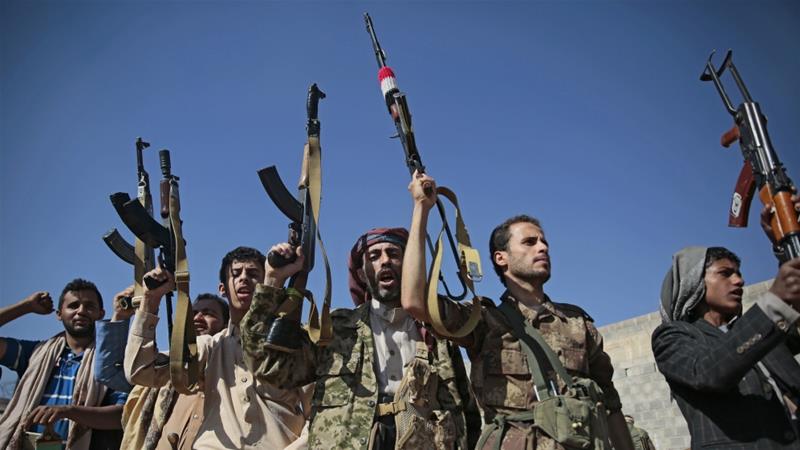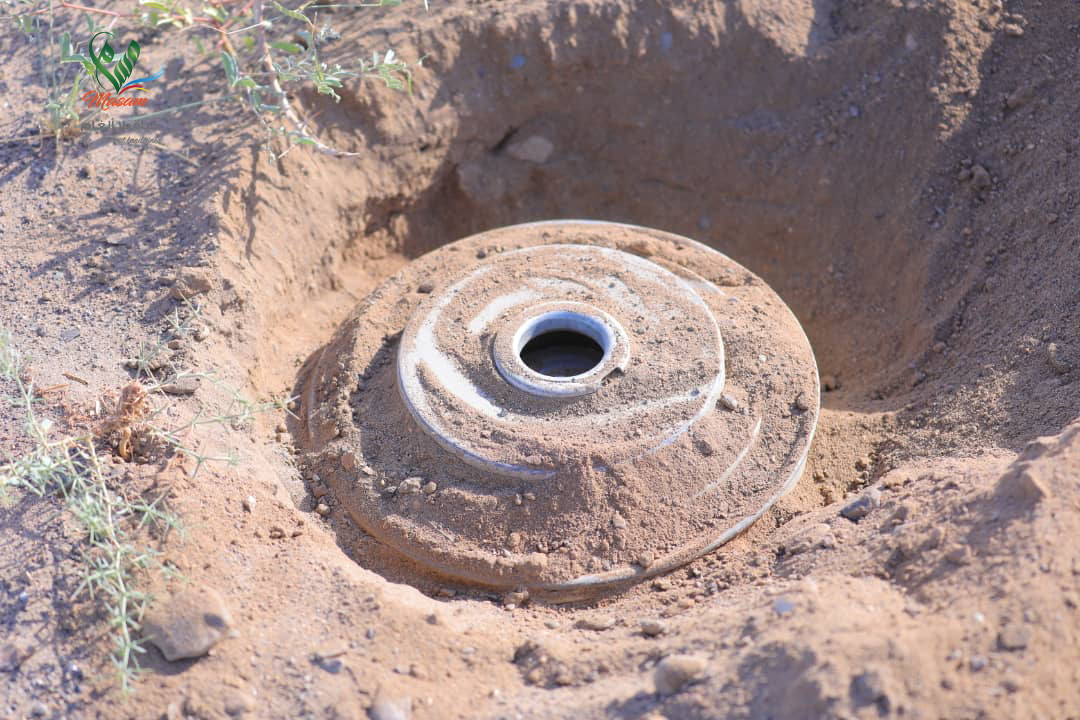The Saudi-led coalition announced that Yemen’s government and the Southern Transitional Council (STC) have agreed to a ceasefire deal, and to resume talks within the framework of the Riyadh Agreement.
Last week, Saudi Arabia pitched a new plan to reduce tensions with the STC, calling for a ceasefire in Abyan province and STC to relinquish emergency rule. After taking control of the strategically located UNESCO World Heritage-listed island of Socotra by force over the weekend, the STC appears to have been more amenable to finding a political solution to tensions with its coalition partners, and agreed to the ceasefire.
“In light of the recent events in (Socotra) and (Abyan) governorate, the Coalition welcomes the response of the legitimate government of Yemen and the Southern Transitional Council for its request of a comprehensive ceasefire, de-escalation and a meeting to be convened in the Kingdom to move forward in implementing the Riyadh Agreement,” Coalition to Restore Legitimacy in Yemen spokesman Colonel Turki Al-Malki said in an official statement carried by the Saudi Press Agency.
Al-Malki said the coalition’s Joint Forces Command is deploying observers to Abyan to “observe the comprehensive ceasefire and separation of forces.” He also called for all parties to “prioritize the national interest of Yemen,” and to avoid “escalations in all Yemeni governorates.”
Socotra Take-Over
On Sunday, the STC, nominally aligned to the Saudi-led coalition government, says it has seized government buildings and military bases on Socotra Island, a UNESCO World Heritage site.
The Southern Transitional Council says it has deposed the governor of Socotra, Ramzy Mahrous, and taken control of the four-island archipelago located in the Gulf of Aden.
The Yemeni government, backed by the UAE and Saudi forces, accused the Southern Transitional Council (STC) of launching a “full-fledged” coup on Socotra Island, condemning their attack on government buildings as “gang-style behavior.”
The STC declared its self-rule in April. Socotra Governor Ramzi Mahroos says coalition partners the UAE and Saudi Arabia have ignored this declaration, including the weekend takeover of the strategically-positioned archipelago. Mahrous says the STC forces “raided” the island’s capital but according to STC spokesman Salem Abdullah al-Socotri, they were just “normalising the situation.”
Coalition In-fighting
Yemen has been mired in a bloody civil war for five years which pits the Houthi rebels, based in northern Yemen, against the internationally recognized government that rules from Aden and is backed by a Saudi-led coalition. The STC was ostensibly part of the internationally recognized government coalition and received backing from the UAE before it withdrew from Yemen last July to focus on “counter-terrorism” activities.
After growing increasingly disenfranchised with Yemeni President Abd-Rabbu Mansour Hadi’s governance and accusing it of corruption and mismanagement, the STC separatists took control of Aden and the southern provinces in August 2019 and demanded a power-sharing deal. In November Saudi Arabia brokered a deal between Hadi’s government and the STC, known as the Riyadh agreement, that theoretically put an end to the in-fighting between the two factions.
In April 2020, with Hadi’s government distracted by a Houthi-led escalation of violence in the North, the STC used the deteriorating humanitarian situation to justify its declaration of self-rule of Aden and the southern provinces.
The STC’s decision to consolidate its independence declaration by taking over Socotra can be taken as a rejection of that offer and adds another layer of complexity to the deeply entrenched conflict in Yemen.
Why is Socotra Important?
Socotra is best-known for the otherworldly dragon’s blood trees that dot the island. According to local mythology, the first tree grew from the blood of two brothers who fought to the death, and in light of Yemen’s contemporary struggles, they could be considered a sad symbol of the “civil war within a civil war” fought between the STC and internationally recognized government forces.
The four-island archipelago is also known as the “Galapagos of the Indian Ocean,” and after breaking away from the Gondwana supercontinent a little less than 20 million years ago, has gone on to develop a rich biodiversity. UNESCO states that “37% of Socotra’s 825 plant species, 90% of its reptile species, and 95% of its land snail species do not occur anywhere else in the world.”
As well as being full of unique flora and fauna, sparsely-populated Socotra is located in the strategically important Gulf of Aden shipping lane. Each year, some 21,000 ships use the vital sea lane which connects the Mediterranean and the Arabian Sea in the Indian Ocean through the Suez Canal, making it one of the world’s busiest and most important shipping lanes.





